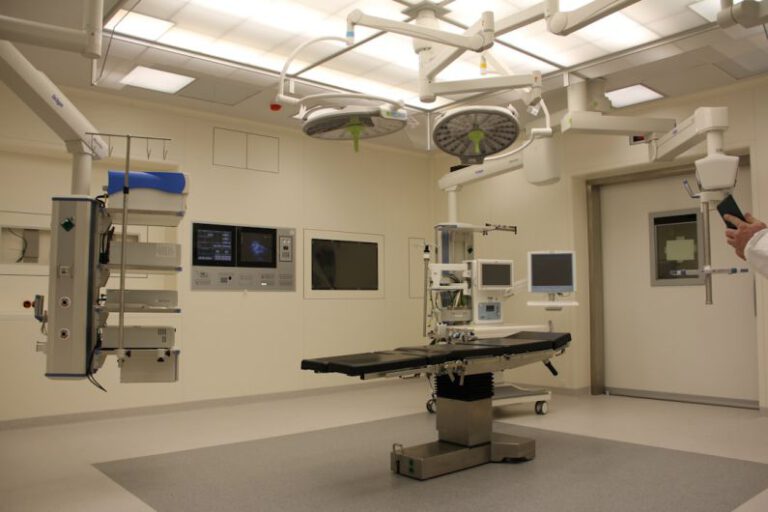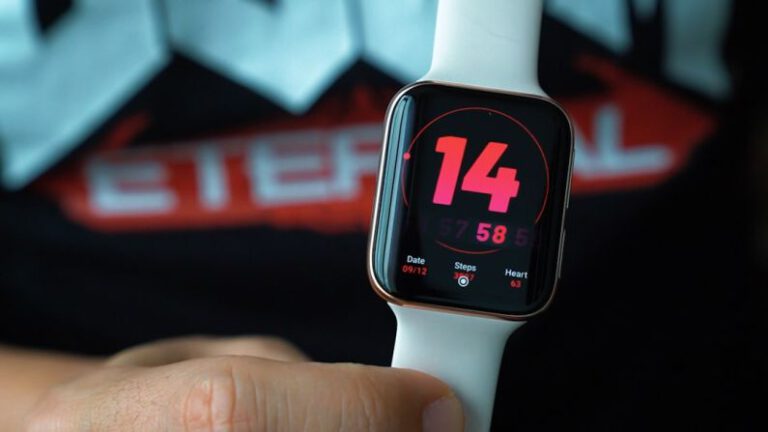Smart Implants: Revolutionizing Patient Monitoring and Care
Advancements in technology are continuously transforming the healthcare industry, with smart implants emerging as a revolutionary tool for patient monitoring and care. These cutting-edge devices offer a new level of precision and real-time data that can significantly improve outcomes for individuals with various medical conditions. From monitoring vital signs to delivering targeted treatments, smart implants are reshaping the way healthcare professionals approach patient care.
Enhanced Monitoring Capabilities
One of the key benefits of smart implants is their ability to provide continuous and accurate monitoring of a patient’s health status. Traditionally, healthcare providers rely on periodic check-ups or in-person consultations to assess a patient’s condition. However, smart implants enable real-time tracking of vital signs, such as heart rate, blood pressure, and oxygen levels, allowing for immediate intervention if any abnormalities are detected.
By utilizing sensors and wireless connectivity, smart implants can transmit data to healthcare providers remotely, enabling proactive monitoring and timely interventions. This continuous monitoring not only improves the quality of care but also helps in early detection of potential health issues, leading to better outcomes for patients.
Personalized Treatment
Smart implants are also revolutionizing patient care by enabling personalized treatment plans based on individual data. With the ability to collect and analyze real-time data, these devices can deliver targeted therapies tailored to each patient’s specific needs. For example, smart insulin pumps can adjust insulin delivery based on glucose levels, ensuring optimal control for individuals with diabetes.
Additionally, smart implants can help healthcare providers track the effectiveness of treatments and make adjustments as needed. By providing insights into how a patient responds to various interventions, these devices empower healthcare professionals to make informed decisions that maximize the efficacy of care.
Chronic Disease Management
Chronic diseases, such as heart disease, diabetes, and hypertension, require ongoing monitoring and management to prevent complications and improve quality of life. Smart implants offer a promising solution for individuals living with chronic conditions by providing continuous monitoring and personalized care plans.
For patients with heart conditions, smart implants can monitor heart function, detect arrhythmias, and even deliver electrical impulses to regulate heart rhythm. This proactive approach to monitoring and treatment can significantly reduce the risk of serious complications and improve overall cardiac health.
Similarly, individuals with diabetes can benefit from smart implants that monitor glucose levels and deliver insulin as needed. By automating the management of this chronic condition, smart implants help patients maintain optimal blood sugar levels and reduce the risk of complications associated with uncontrolled diabetes.
The Future of Healthcare
As technology continues to advance, the potential applications of smart implants in healthcare are vast. From improving patient outcomes to reducing healthcare costs, these devices have the power to transform the way we approach patient monitoring and care. With ongoing research and development, smart implants are poised to play a significant role in the future of healthcare.
In conclusion, smart implants are revolutionizing patient monitoring and care by providing enhanced monitoring capabilities, personalized treatment options, and improved management of chronic conditions. With the potential to transform the healthcare landscape, these cutting-edge devices offer new opportunities to improve patient outcomes and quality of life. As technology continues to evolve, smart implants will undoubtedly continue to shape the future of healthcare, offering innovative solutions to meet the evolving needs of patients and healthcare providers alike.






